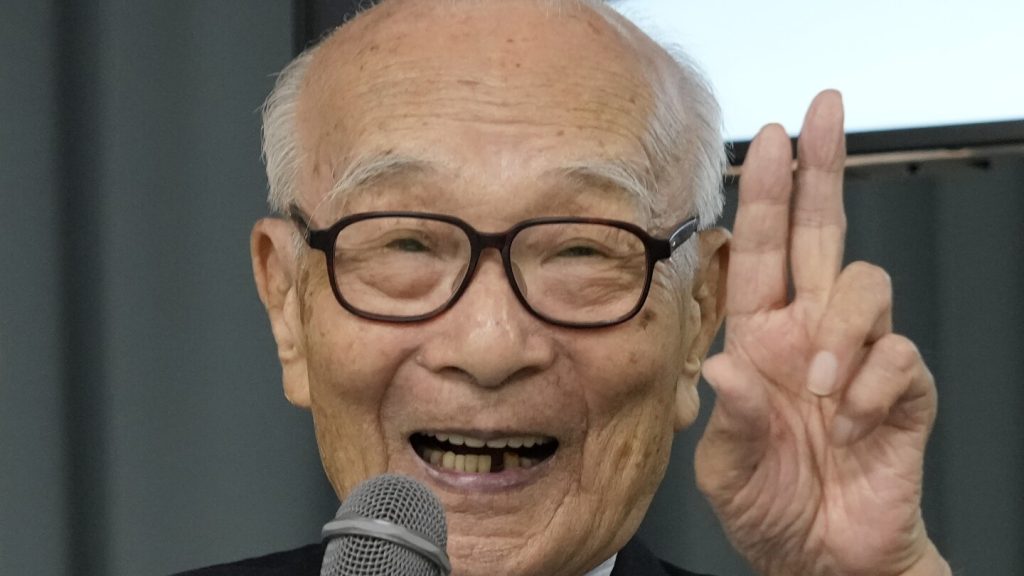The recipient of this year’s Nobel Peace Prize is Nihon Hidankyo, a Japanese organization of survivors of the U.S. atomic bombings on Hiroshima and Nagasaki. The survivors, known as hibakusha, have been awarded for their decades-long activism against nuclear weapons. With the average age of hibakusha at 85.6, they are increasingly concerned that their message about the horrors of nuclear weapons is not fully understood by younger generations. The number of prefectural hibakusha groups has decreased, and the Japanese government has refused to sign the Treaty on the Prohibition of Nuclear Weapons.
Terumi Tanaka, a survivor of the Nagasaki bombing, expressed his hope that the Nobel Peace Prize will raise public awareness about the need to achieve a world without nuclear weapons. He emphasized the importance of properly communicating with younger people and educating them about the impact of atomic weapons. Despite facing declining membership and financial difficulty, Nihon Hidankyo is seeking to involve younger supporters and second-generation hibakusha to continue their activism. Japan’s Prime Minister Shigeru Ishiba’s justification for retaining nuclear weapons for deterrence was rejected by Tanaka, who emphasized the need for a nuclear-free world.
Efforts to document the survivors’ stories and voices have been growing in Japan, with young volunteers working alongside hibakusha to continue their storytelling. A group of high school students in Nagasaki celebrated Hidankyo’s win and vowed to keep their activism alive. The students expressed their commitment to working towards nuclear disarmament and learning from the survivors’ experiences. A network called Japan Campaign to Abolish Nuclear Weapons has been set up to connect younger generations across the country and support the efforts of survivors.
The first U.S. atomic bombing killed 140,000 people in Hiroshima, and a second atomic attack on Nagasaki killed another 70,000. The formation of Hidankyo in 1956 was a response to the growing anti-nuclear movement in Japan following U.S. hydrogen bomb tests. As of March, over 100,000 survivors were certified as eligible for government medical support, but many others, including those affected by radioactive “black rain,” are still without assistance. The Nobel Peace Prize has brought renewed attention to the hibakusha’s activism and their call for a world free from nuclear weapons.
The hibakusha see the Nobel Peace Prize and the international attention as a way to convey their message to future generations before it’s too late. Their grassroots efforts to advocate for nuclear disarmament and share their stories, despite the challenges they face, have inspired young people to join their cause. As the hibakusha continue their activism, they hope to leave a lasting impact on a world that still grapples with the threat of nuclear weapons. The urgency of their mission is underscored by the fact that the survivors are a dwindling group, making their voices all the more crucial in the fight for peace and nuclear non-proliferation.


